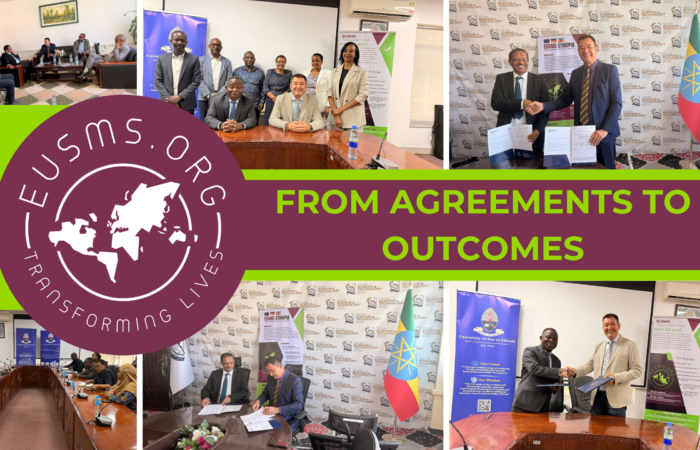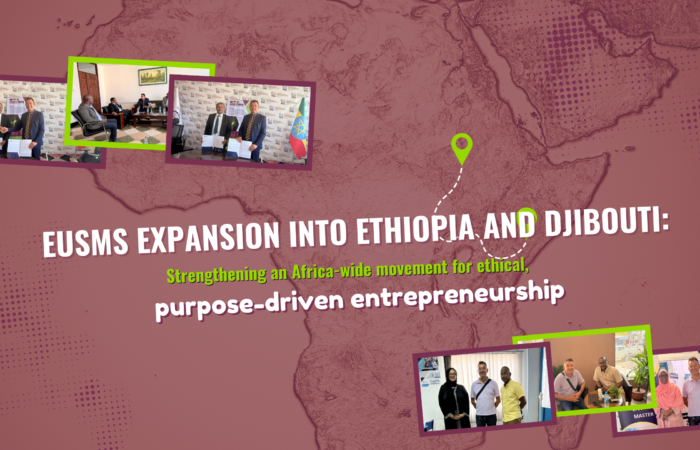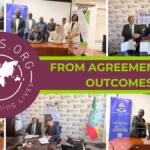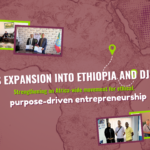The entrepreneurial spirit thrives globally, but in East Africa, women are not just participating, they are leading a profound economic transformation. Countries like Kenya and Tanzania stand out as powerful examples where women entrepreneurs are not merely starting businesses, but are significantly driving GDP growth, creating employment, and fostering innovation across diverse sectors. Their collective efforts are reshaping national economies and setting new benchmarks for inclusive development.
A Tale of Two Countries: The Economic Impact
The data significantly highlights the pivotal role of women in their national economies. In Kenya, women-led micro, small, and medium-sized enterprises (MSMEs) contribute an estimated 20% to the country’s Gross Domestic Product (GDP). This substantial figure underscores their critical position across sectors from retail and agriculture to services and light manufacturing.

Tanzania showcases an equally compelling narrative, with women responsible for over 60% of all micro-enterprises. This dominance in the smallest business segment signifies their vast entrepreneurial engagement, often forming the core of local markets and neighborhood services. While often informal, these ventures are a massive engine of grassroots economic activity.

Beyond the Numbers: Innovation and Broader Economic Growth
The influence of these women extends beyond individual businesses to broader economic stability and innovation. The exceptional entrepreneurial drive among women in Kenya, with approximately 93% reporting that they have considered starting a business, reflects a robust entrepreneurial ecosystem. In urban centers like Nairobi, they lead the retail sector, while in rural areas, their ventures center on agricultural value addition and essential services that strengthen local supply chains. Their businesses significantly increase local purchasing power and stimulate demand, creating a virtuous economic cycle.
In Tanzania, women are key players across a spectrum of industries, including agriculture, handicrafts, and an emerging focus on food processing. Their ventures frequently arise from identifying unfulfilled market demands, which fosters remarkable innovation. Examples include tailoring businesses that repurpose discarded textiles or small-scale food processing operations that enhance food security by extending the shelf life of local produce. These initiatives not only generate income but also introduce sustainable practices and diversify local economies.
The Hurdle: The Need for Targeted Ecosystem Support
Despite their immense contributions and innovative spirit, women entrepreneurs in both countries face persistent systemic challenges that impede their growth:
- Limited Access to Finance: Women are frequently disadvantaged in securing conventional bank loans due to a lack of traditional collateral, such as property titles. This forces many to rely on informal, often higher-cost, lending mechanisms.
- Business Development Gaps: There is a critical need for accessible training in financial literacy, market access strategies, and digital skills, all crucial for scaling operations.
- Regulatory Challenges: Navigating complex business registration processes, taxation, and legal frameworks can be particularly challenging for women, especially those managing micro-enterprises with limited resources and time.
The EUSMS Solution: Building a Sustainable Ecosystem
These hurdles underscore the critical need for targeted, tangible support. Empowering these women is not merely a social imperative; it is one of the most effective and sustainable strategies for driving broader economic growth and stability. At EUSMS, we are dedicated to making entrepreneurship an accessible reality.
Through our comprehensive Social Entrepreneurship Program, we provide the essential education, coaching, and consultation to help women reduce risks in their business endeavors. Our Microcredits Program offers vital financing when businesses are deemed promising, demonstrating our trust and belief in their potential. We don’t stop there; we provide crucial follow-up consulting because their success truly is our success. By breaking down barriers and providing tangible support, EUSMS aims to ignite change and foster a global community where every individual can thrive.
Author: Tina Paredes





